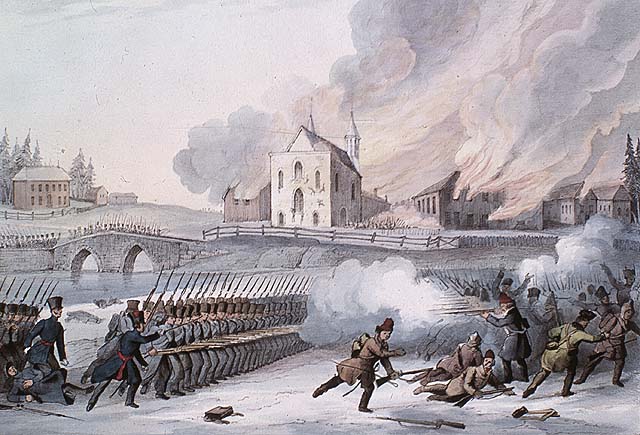Article
Film Distribution in Canada
Film distribution is one of the three main branches of the film industry. It provides the link between film production and exhibition. It is also the most profitable of the three sectors and is dominated by large multinational conglomerates. Film distribution companies supply movies, television programs, videos and new media to outlets such as cinemas and broadcasters. They do so in territories where they have acquired rights from the producers. Traditionally, distribution companies are the prime source for financing new productions. The distribution sector has been called “the invisible art.” Its practices tend to only concern industry insiders and go unnoticed by audiences. American companies dominate film distribution in Canada. They have controlled access to Canadian screens since the 1920s. (See also: Canadian Film History: 1896 to 1938.)






